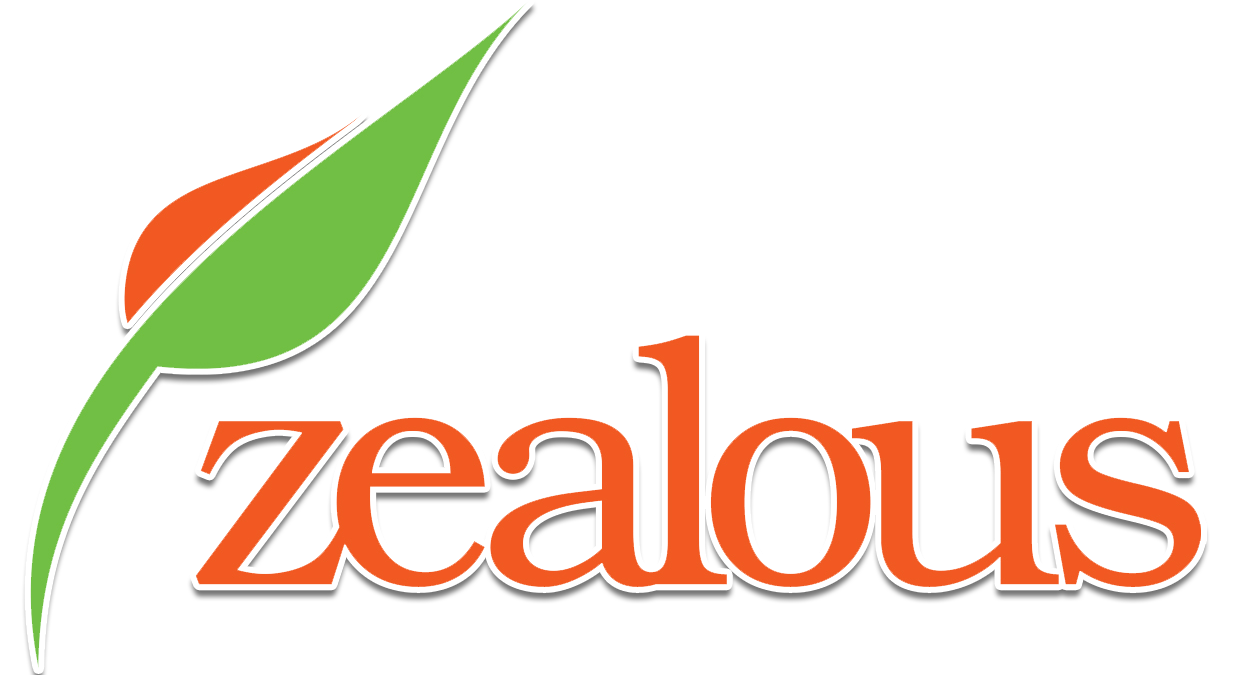Food supplements have gained immense popularity over the years, but with this rise in interest comes a plethora of misconceptions and myths. These myths can lead to confusion and even misuse of supplements, potentially affecting your health.
It’s time to set the record straight on some of the most common myths about food supplements.
Myth 1: Supplements Can Replace a Healthy Diet
One of the most pervasive myths is that supplements can replace a healthy diet. While supplements are designed to fill nutritional gaps, they are not a substitute for a balanced diet rich in whole foods. Whole foods provide a complex mix of nutrients, fiber, and antioxidants that supplements cannot fully replicate.
Supplements should be viewed as an addition to your diet, not a replacement. A diet rich in fruits, vegetables, whole grains, and lean proteins is still the best way to obtain the majority of your nutrients. Supplements can help ensure you’re meeting your nutritional needs, especially when certain nutrients are lacking in your diet.
Myth 2: More Supplements = Better Health
Another common misconception is the idea that taking more supplements will lead to better health. The truth is, more is not always better. In fact, excessive intake of certain vitamins and minerals can be harmful. For example, too much vitamin A can cause liver damage, and excessive iron can lead to digestive issues and even organ damage.
It’s important to follow the recommended dosages and consult with a healthcare provider before taking high doses of any supplement. Your body can only absorb a certain amount of nutrients at a time, and excess amounts are often excreted or, worse, can build up to toxic levels.
Myth 3: Natural Supplements Are Always Safe
The term “natural” is often used to imply that a product is safe, but this is not always the case. Natural supplements can still cause side effects or interact with medications you may be taking. For instance, St. John’s Wort, a popular herbal supplement for depression, can interact with many prescription medications, reducing their effectiveness.
It’s essential to do your research and consult with a healthcare provider before starting any new supplement, even if it’s labeled as natural. Just because something is natural doesn’t mean it’s safe for everyone.
Myth 4: You Don’t Need Supplements if You’re Healthy
Many people believe that if they’re healthy and eat a balanced diet, they don’t need supplements. While it’s true that a healthy diet provides many of the nutrients your body needs, there are still factors that might necessitate supplementation. For example, as people age, their bodies may become less efficient at absorbing certain nutrients, such as vitamin B12 and calcium.
Additionally, lifestyle factors, such as stress, lack of sleep, and exposure to environmental toxins, can increase your body’s nutrient needs. Supplements can help support your health and prevent deficiencies, even if you’re already in good health.
Conclusion
There are many myths surrounding food supplements, but understanding the facts can help you make informed decisions about your health. Supplements are a valuable tool for supporting your nutritional needs, but they should be used wisely and in conjunction with a healthy diet. By debunking these common myths, you can use supplements effectively and safely to enhance your well-being.





Add comment
You must be logged in to post a comment.